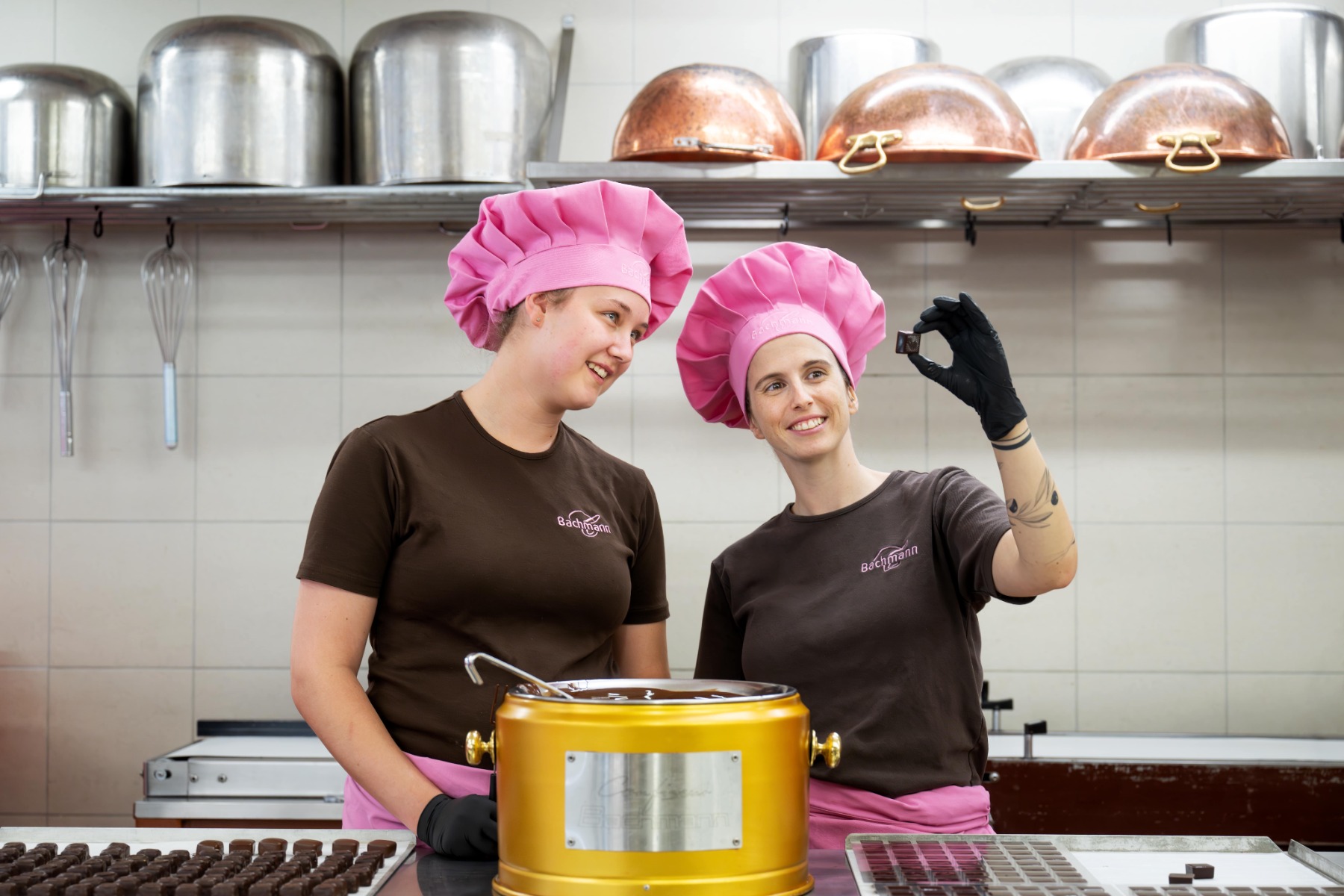More and more people are trying to eat as healthily as possible. Besides being an important part of a healthy diet, magnesium can also be found in sea salt – one of the main reasons why we have chosen to use Capea sea salt in our products.
Unrefined sea salt contains between 0.2 and 0.4 per cent magnesium. Around 5 g of sea salt per day is equivalent to between 100 and 190 mg of magnesium. The recommended daily amount for an adult is around 350 mg. The relatively high percentage of magnesium and many other trace elements contained in sea salt make it much more beneficial nutritionally and physiognomically than pure table salt.
Regular salt:
- is mechanically processed and refined
- is made up of purely sodium and chlorine (possibly fluorine and iodine)
- contains the anti-caking agent E536 (potassium ferrocyanide)
- contains chemical additives such as fluorine and iodine, which are lost in the refining and bleaching process.
Capea Atlantic sea salt
Capea Atlantic sea salt is extracted from mineral-rich Atlantic waters and traditionally crystallised in salt basins through natural evaporation. A combination of this traditional technique and the latest technology to extract and dry the salt dispenses with the need for washing several times. When extracting sea salt it is imperative to retain the salt’s residual moisture, minerals and trace elements. The result is natural Capea Atlantic sea salt. The residual moisture, valuable minerals and trace elements are thus preserved in their natural, complex state.
Does sea salt taste any different?
Sea salt is valued by gourmets the world over for its full, round flavour. The magnesium contained in sea salt acts as a bittering agent and natural flavour enhancer, greatly enhancing the original flavour of food and baked goods.
7 good reasons, why we use Capea Atlantic sea salt.
- 100% pure.
- Without anti-caking agent E536.
- Unbleached.
- Natural and unrefined.
- Mild in flavour.
- Naturally enhances the original flavour of food and baked goods.
- Capea sea salt is produced according to strict hygiene standards and ISO norms and regularly controlled by independent laboratories.












